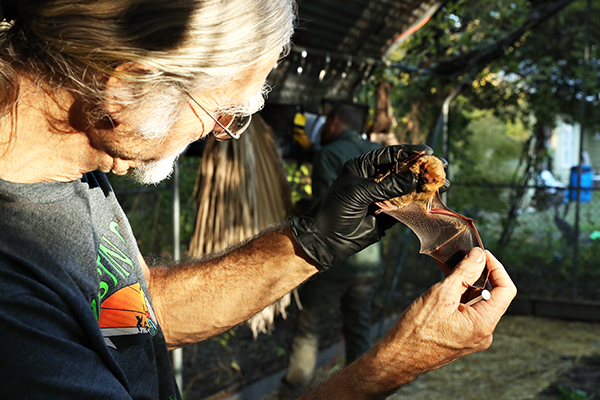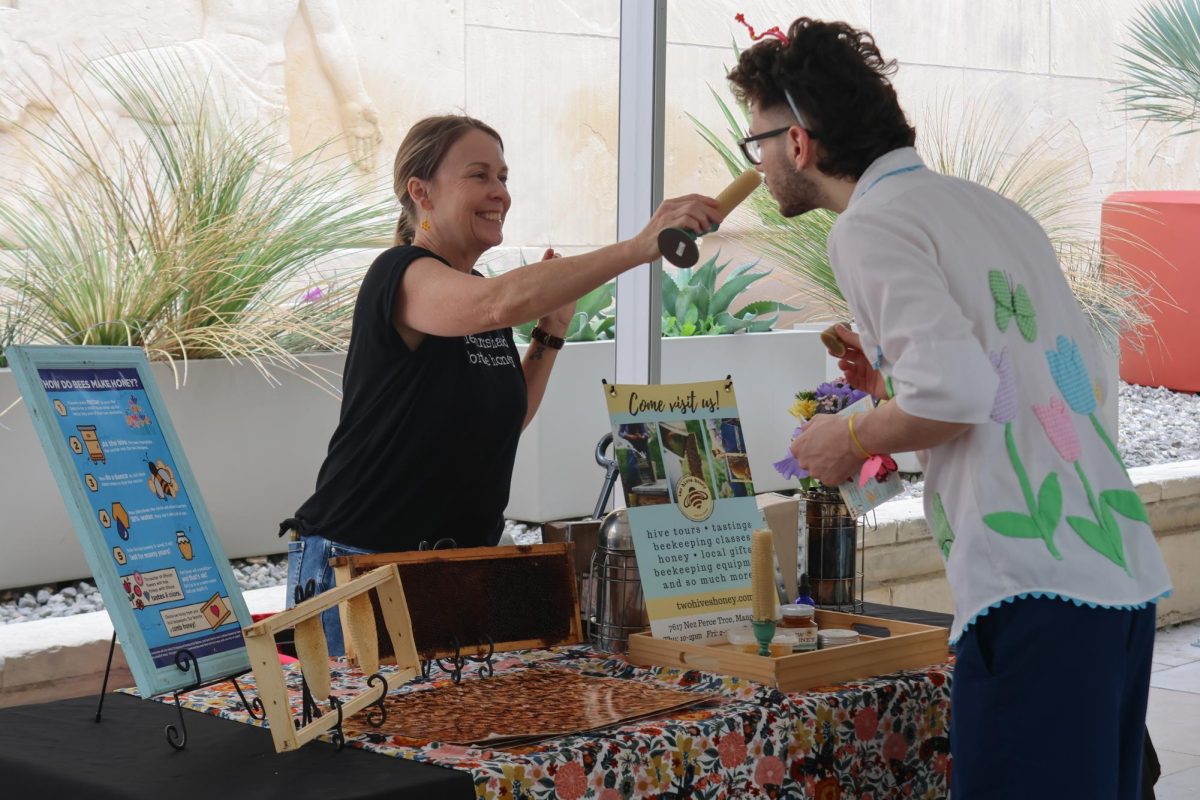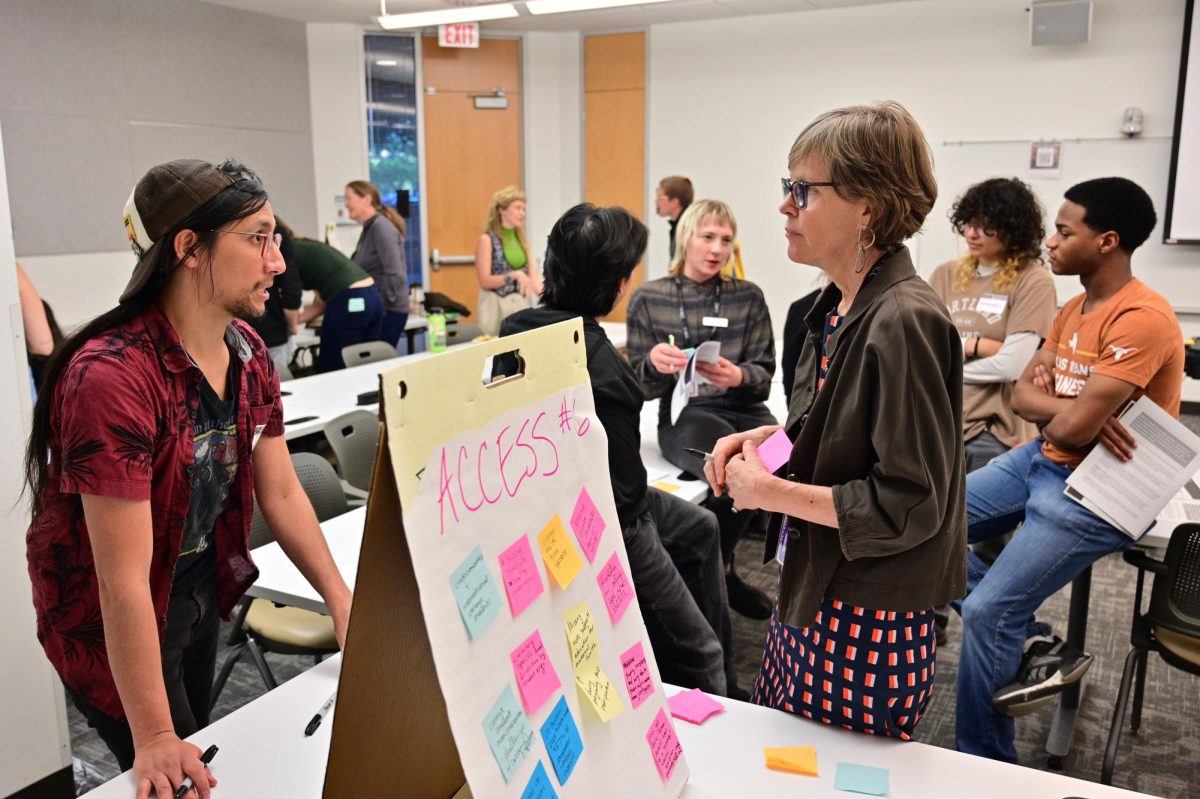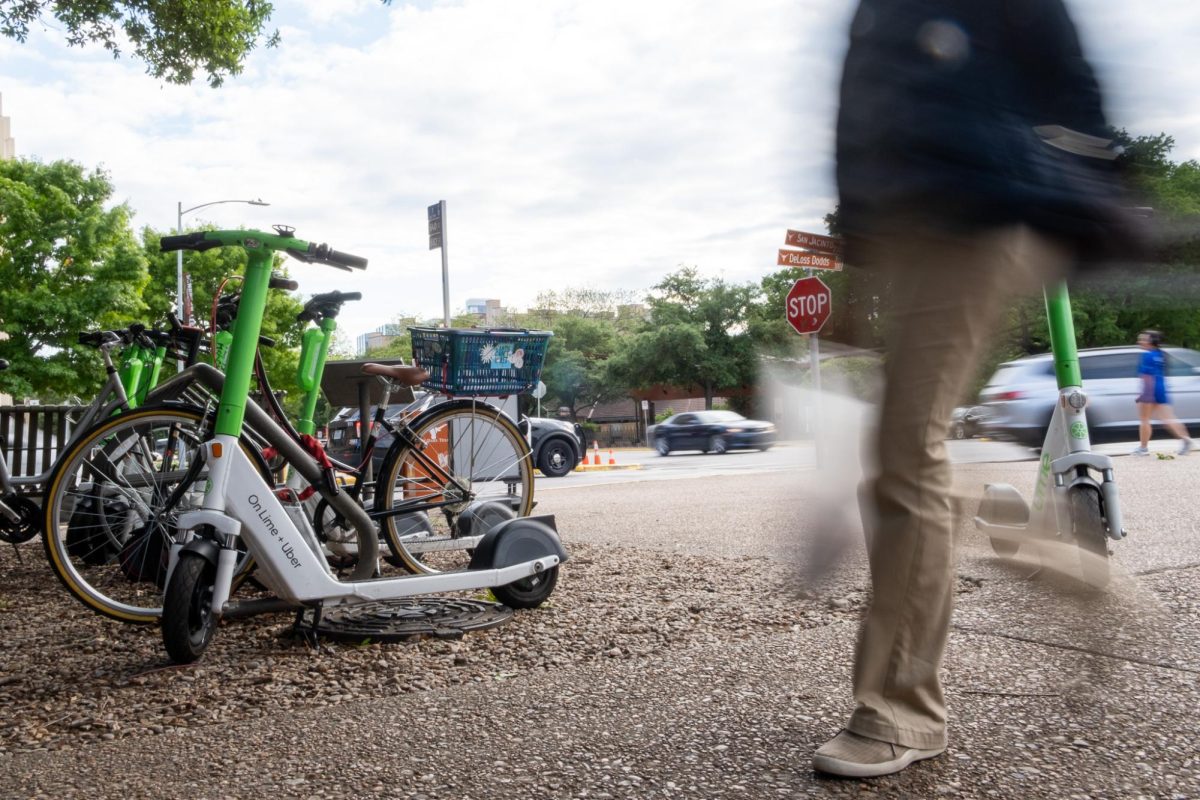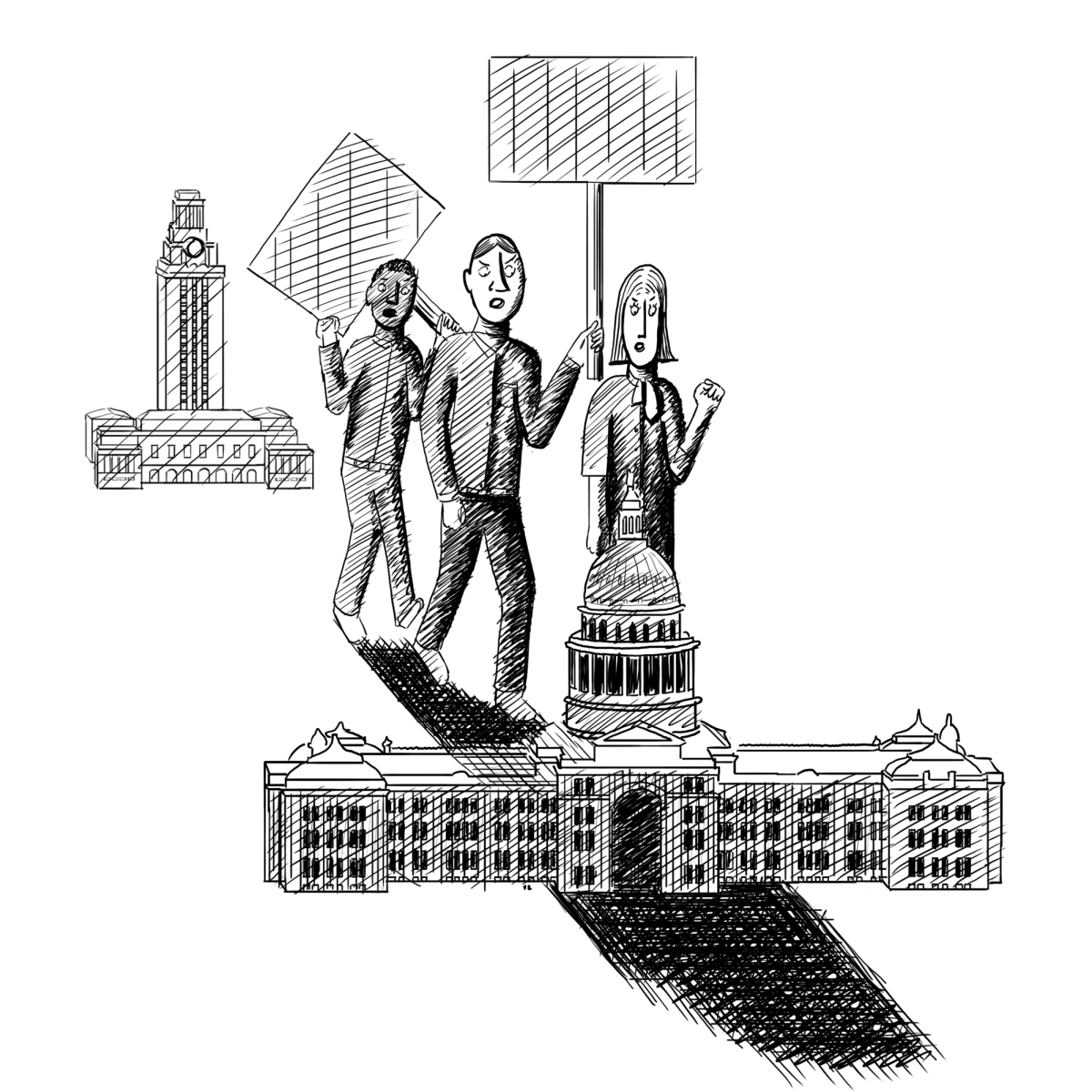With misinformation spreading about the connection between bats and the new coronavirus, local bat experts say they are educating Austin residents about these misconceptions and the importance of bats.
“People in Austin, Texas, are more aware of the benefits of bats and are less likely to cast blame where it doesn’t belong,” said Lee Mackenzie, co-founder of Austin Bat Refuge.
According to the Centers for Disease Control and Prevention website, the coronavirus that causes COVID-19 originates from bats. However, scientists have not determined that the disease came from bats, said Dianne Odegard, executive director and co-founder of Austin Bat Refuge.
“Even if it turns out that (the virus) is a reservoir in bat species, the pandemic is caused by humans,” Odegard said. “It’s spread by humans now — human to human, not bat to human.”
Odegard said there is a long history of bat education in Austin from Bat Conservation International and Merlin Tuttle’s Bat Conservation, two organizations that educate the public about bats.
To combat misinformation, Mackenzie said coronavirus-specific materials have been posted on the Austin Bat Refuge website to educate the public. The materials include a COVID-19 question and answer page from the Bat Conservation Trust and an op-ed from the “Issues in Science and Technology” journal from the Merlin Tuttle website.
“We want to overcome what we consider to be sensationalized reporting by the media and put the facts out there,” Mackenzie said.
To public knowledge, no one in Austin has contracted a disease in the 35 years people have watched bats fly under the Congress Avenue Bridge, Odegard said in an email.
“No scientists are implicating our North American or Texas bats in current events, and there is no risk of getting COVID-19 from the bats under Congress Avenue Bridge,” Odegard said in an email.
The information table hosted by Austin Bat Refuge on Congress Avenue Bridge is closed for the time being due to social distancing guidelines, Odegard said in an email.
“We continue to discourage Congress Avenue Bridge bat viewing in groups or crowds while physical distancing is in effect due to the risk of contracting COVID-19 from other humans,” Odegard said in an email. “Wear masks while at the bridge, and observe 10-foot distancing.”
Jonah Evans, mammalogist for the Texas Parks and Wildlife Department, said although he has seen misinformation about COVID-19 online, he has not seen much misinformation about bats, and the department has not been flooded with questions about the creatures.
“I’ve had a couple conversations with people on the phone,” Evans said. “They were sort of side conversations that were asking about bats and COVID-19. I’ve been pretty surprised about how little I’ve heard about it, to be honest.”
Those who are concerned about COVID-19 should know that the risk of contracting it from a bat is extremely low, Evans said. Although there are still many unknowns, he said the novel coronavirus, the virus that causes the disease COVID-19, has never been detected in North American bats and likely came from the horseshoe bat in Asia.
Evans said the ways people interact with bats in close spaces or handle them improperly is the problem when it comes to COVID-19.
“If we give animals their space, the risk of new emergent diseases from close contact with wild animals is really low,” Evans said.
Winifred Frick, chief scientist at Bat Conservation International, said if the public comes in contact with a bat that is sick or injured, it is important to reach out to a local rescue group, such as Austin Bat Refuge, to help rehabilitate the animal.
“Not only can we catch something from wild animals, but we can also give wild animals things, and we really want to protect our wildlife the way we want to protect ourselves,” Frick said.



